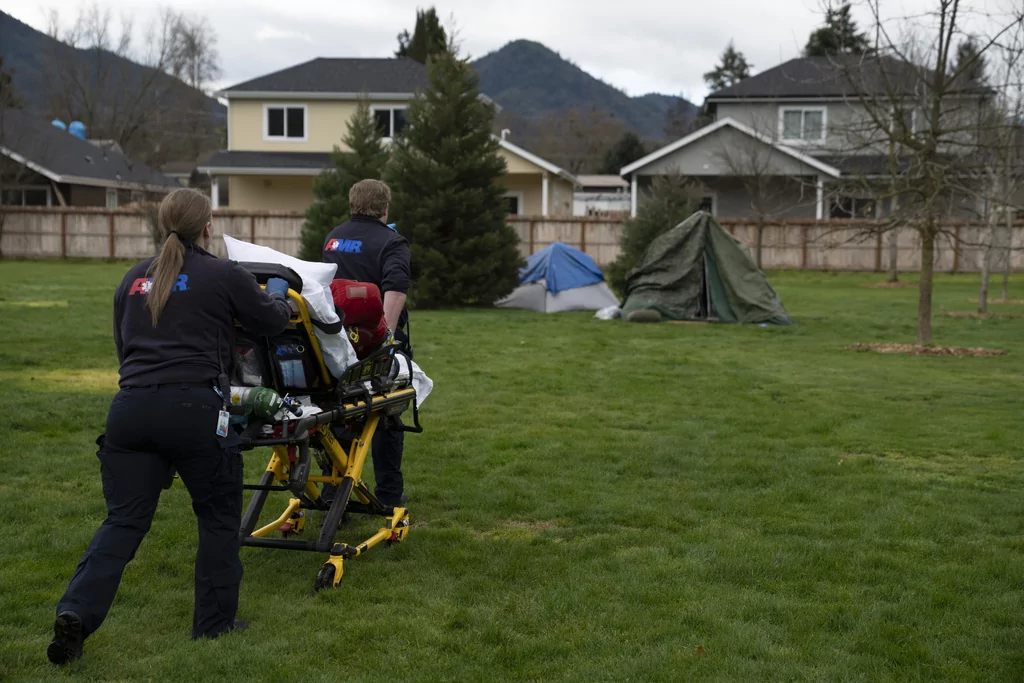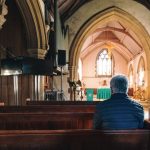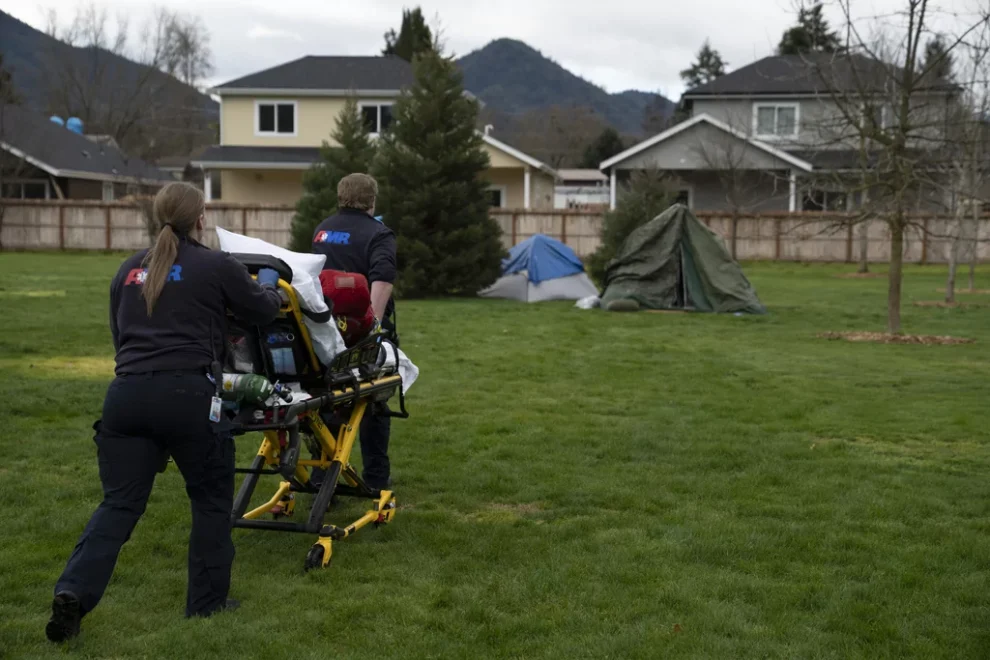The Supreme Court on Friday sided with an Oregon town’s law that bans homeless people from sleeping outdoors, a decision that holds major implications for other municipalities to do the same.
The majority 6-3 majority opinion by Justice Neil Gorsuch held that the enforcement of generally applicable laws regulating camping on public property does not constitute “cruel and unusual punishment” prohibited by the Eighth Amendment. The questions surrounded a ban on camping in public in Grants Pass, Oregon, and the ruling is likely to have major implications for how states such as California can regulate the homelessness crisis.

During oral arguments earlier this year, the justices were ideologically split, with the Republican-appointed majority leaning into supporting local control over homelessness issues and Democratic-appointed justices opposing the criminalization of homelessness. The case challenged whether homelessness should be protected under the Eighth Amendment’s prohibition on cruel and unusual punishment.
The Biden administration, siding with neither party, suggested that the laws of Grants Pass, Oregon, likely violate the Eighth Amendment but criticized the lower court’s approach.
Grants Pass attorney Theane Evangelis argued the 9th U.S. Circuit Court of Appeals’s ruling against criminal penalties for public encampments was a “failed experiment” and that homelessness regulation was best left to local officials. Kelsi B. Corkran, a lawyer on behalf of the homeless plaintiffs, argued the city’s laws simply push the problem of homelessness elsewhere.
Since 2018, the 9th Circuit in San Francisco has issued opinions that lawmakers such as Gov. Gavin Newsom (D-CA) blame for increasing homeless encampments. The 9th Circuit previously ruled Boise, Idaho, had violated the Constitution by imposing criminal penalties on homeless people sleeping outside or camping. It said a city must house its entire homeless population before giving out citations and fines.
CLICK HERE TO READ MORE FROM THE WASHINGTON EXAMINER
“The Supreme Court has an opportunity to strike a balance that allows officials to enforce reasonable limits on public camping while treating folks with compassion,” Newsom said in a statement supporting Grants Pass’s case.
This is a developing story and will be updated.
























